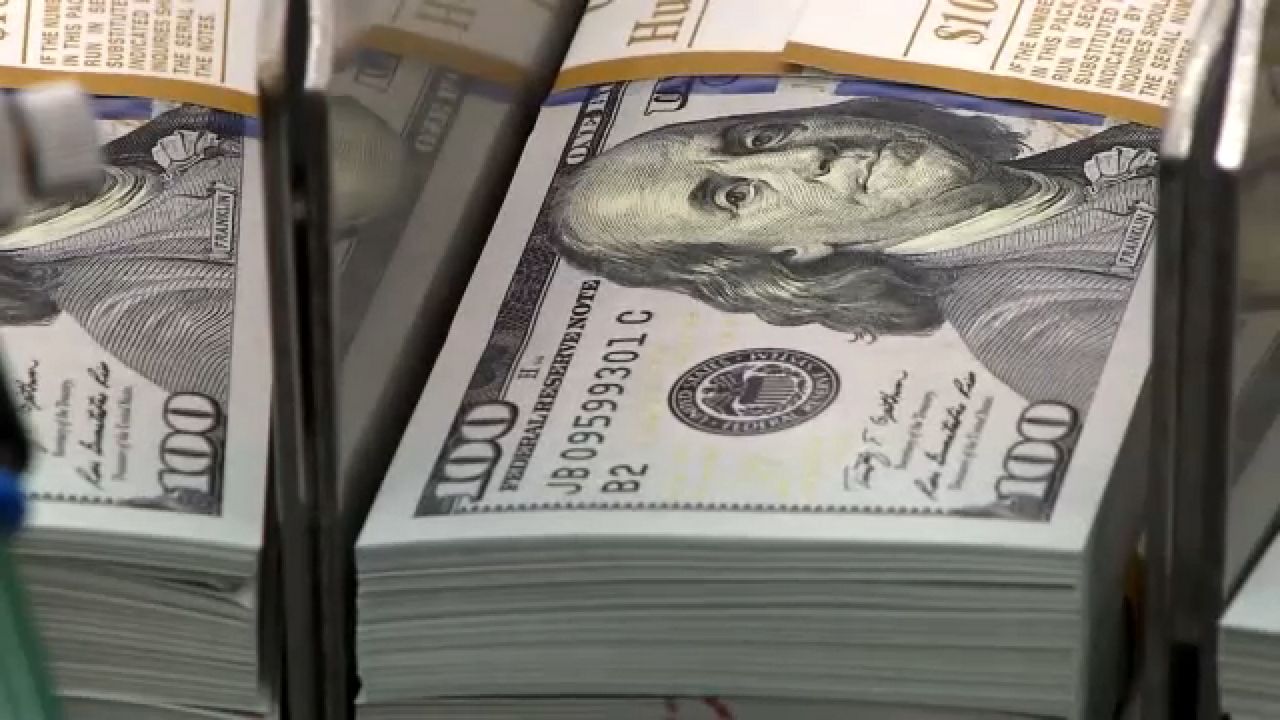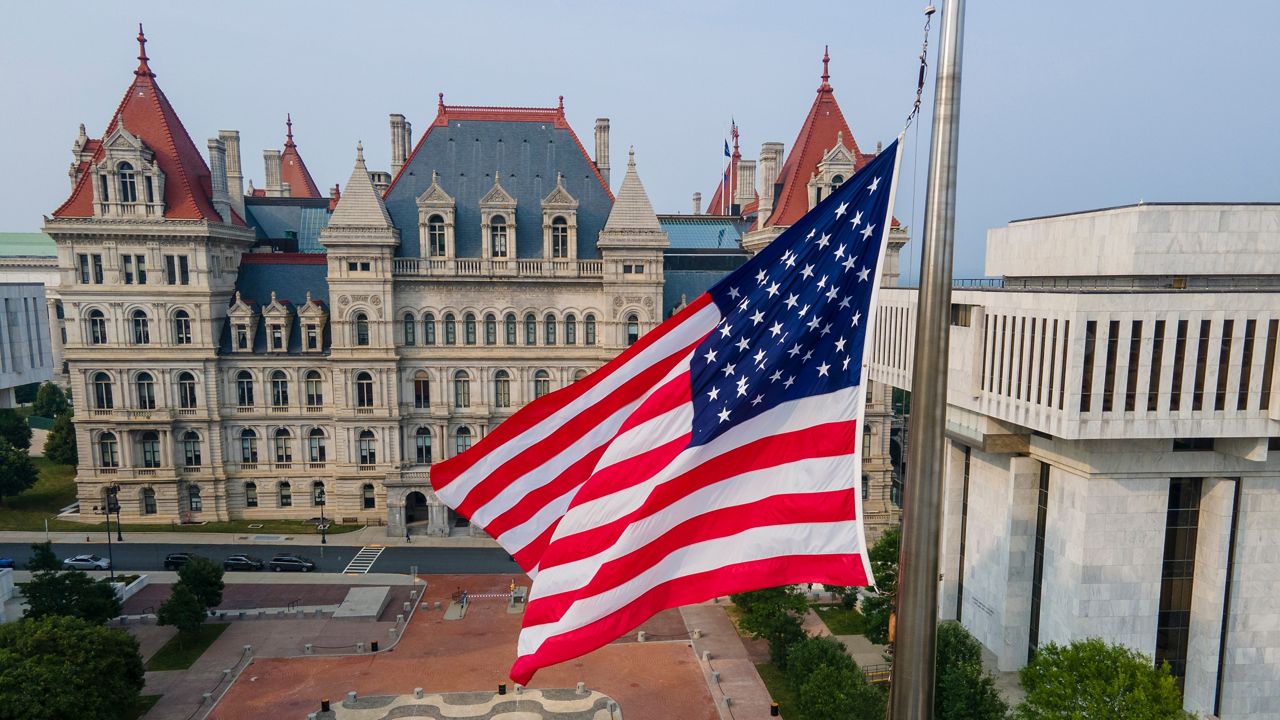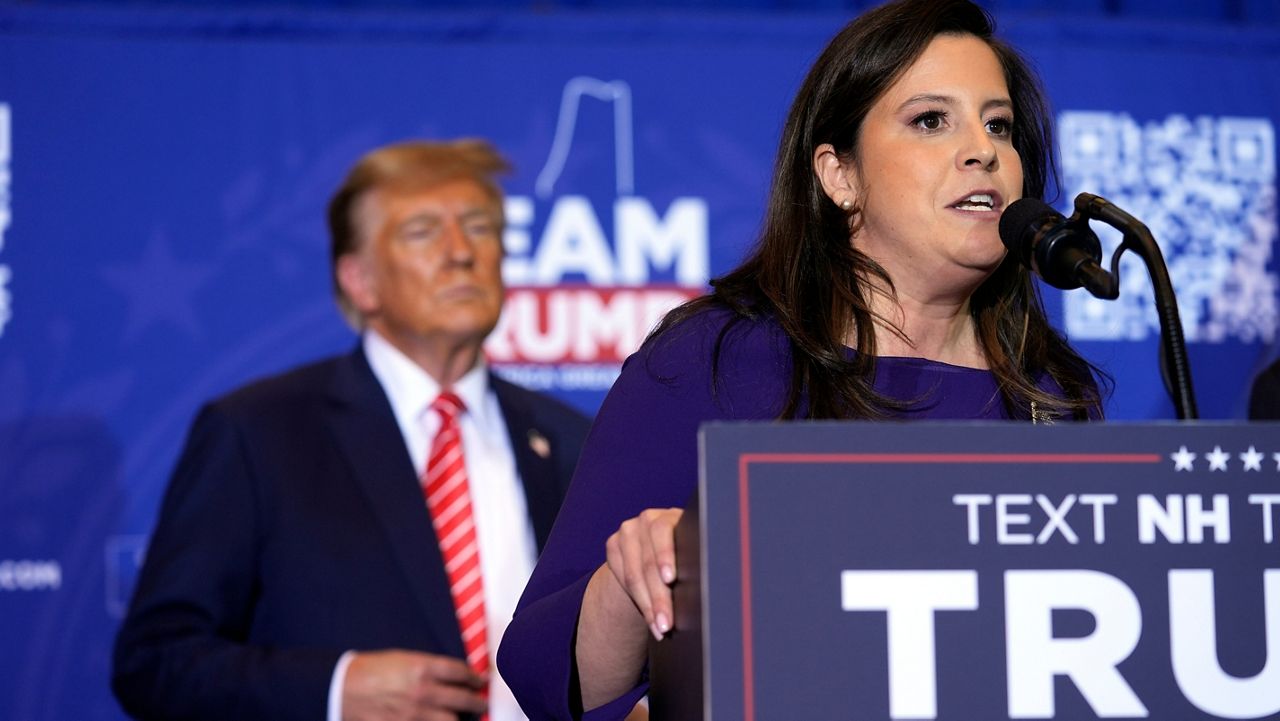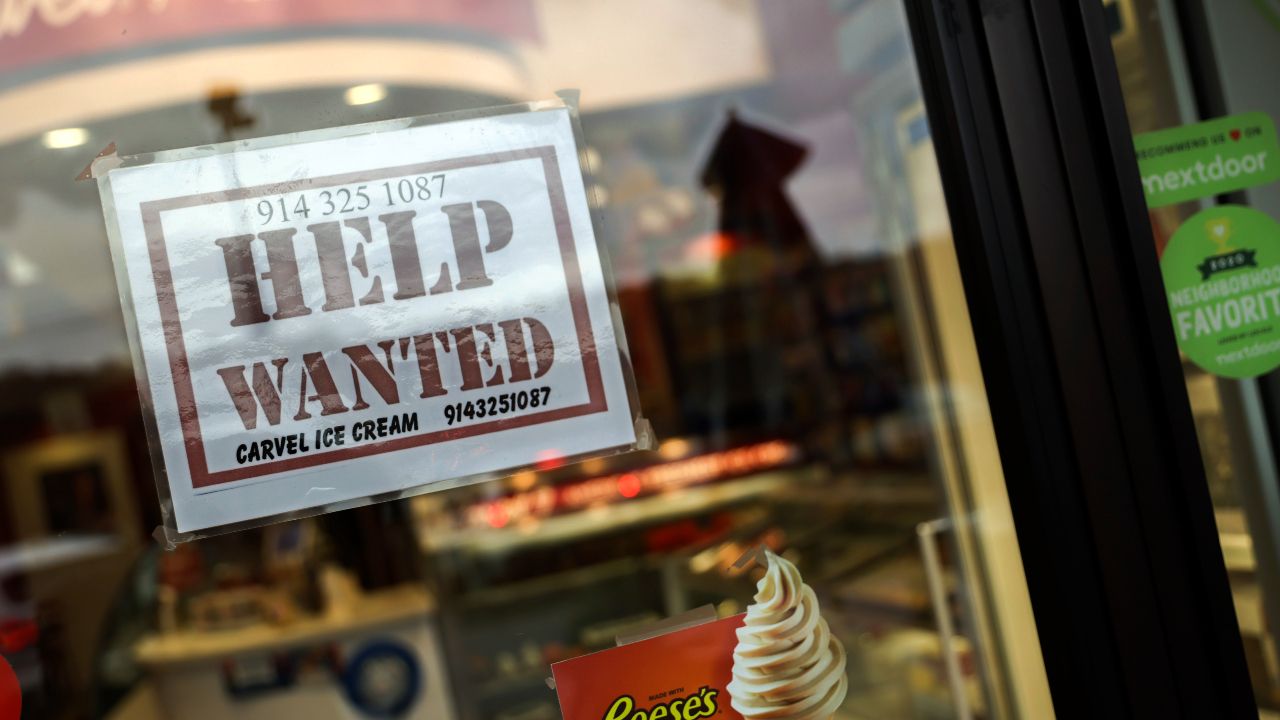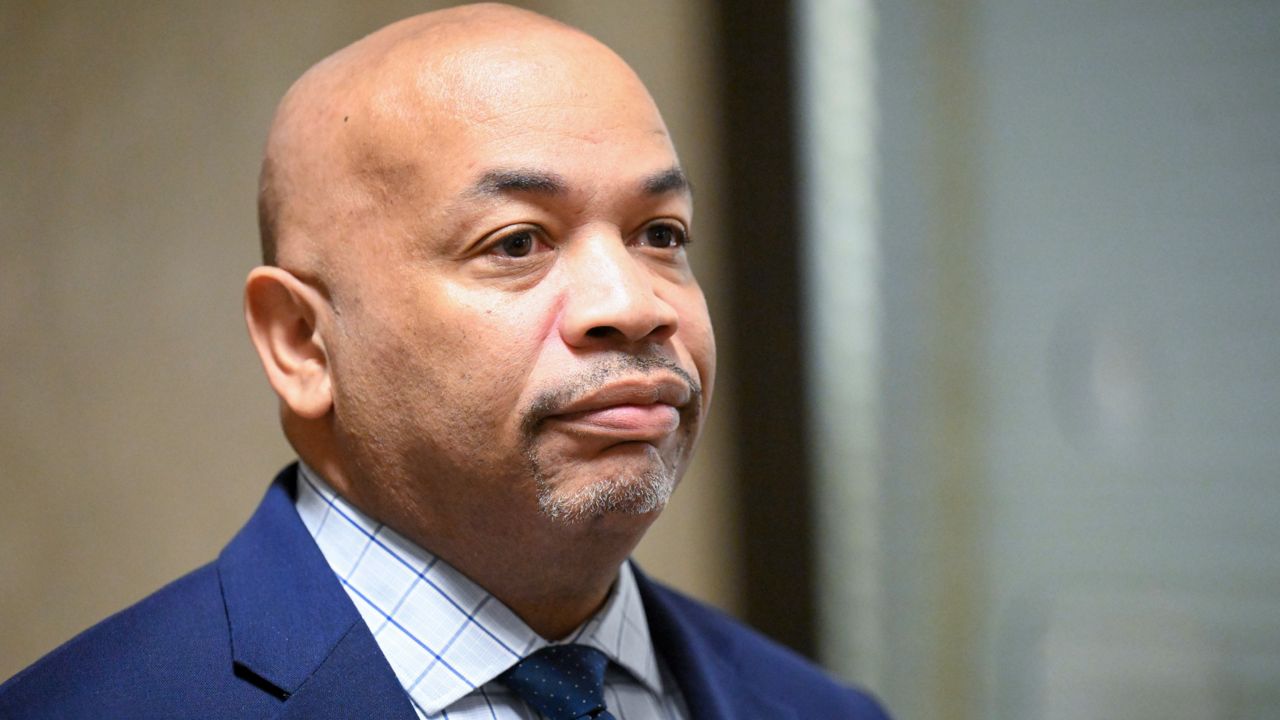Budget gaps in New York are expected to reach a combined $36 billion over the next three years, $15 billion higher than initially anticipated.
The reason is age-old for state government: Tax revenue is down and spending is up.
The state Division of Budget late last week released its revised financial assessment of New York's future budget years, finding a combination of slower revenue from taxes and increased spending in part with the newly approved $229 billion budget last month.
Fiscal watchdog groups, meanwhile, warned New York's ability to weather an economic downturn could be tested.
Here's what the report found:
- Gaps between spending and tax revenue will reach $9.1 billion in the budget year set to kick off in January with Gov. Kathy Hochul's proposal. The gap grows to $13.9 billion the following year and $13.4 billion in the year after that.
- That's $36 billion over three years, an increase from the $21 billion initially projected when Hochul presented her budget at the start of the year.
- Tax receipts have been on a downward trajectory, with budget officials lowering estimates by nearly $37 billion compared to a year ago.
- State spending has increased while federal aid has melted away: 9.7% hike for school aid and a 7% raise for Medicaid. All told, spending is expected to rise by 3.9%.
This isn't written in stone given the projections are based on the current expectation of revenue and spending targets. But budgets by law must be balanced in New York.
And Ken Giradin of the Empire Center think tank notes the state has built up reserves to help offset the loss of tax revenue. Nevertheless, the new numbers create a more complicated budget picture.
"New York state government isn’t in immediate danger of running out of money thanks to moves by Governors Andrew Cuomo and Hochul to build up reserves, with about $19 billion available," he wrote. "Tapping this nest egg outside a major emergency or economic downturn, however, would leave the state poorly positioned when such an event inevitably occurs—and it wouldn’t be enough to cover even two years of spending."




